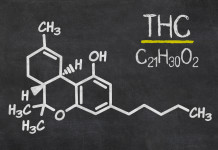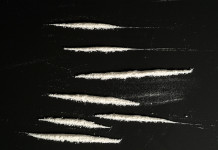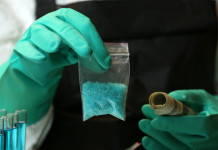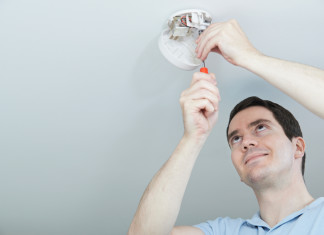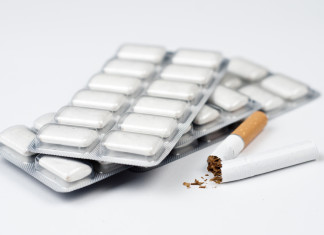A toxic alkaloid, Nicotine can be found naturally in products containing tobacco. It is one of the main ingredients in tobacco cigarettes and can have addictive effects on humans, who inhale them. Overuse of cigarettes, and even their long-term effects, can result in serious health problems. However, it can be also used to achieve beneficial ends, when used as a drug in products used for nicotine replacement therapy. Read on and find out what does nicotine do.
Bad Effects of Nicotine
The primary compound present in cigarettes and other tobacco products, nicotine is an addictive substance which can result in alteration in level of important chemicals present in the brain, such as norepinephrine which can enhance alertness and dopamine which can change mood. The smoking of nicotine makes the compound enter the lungs, wherefrom it is absorbed by the blood. Nicotine is transported all through the body by blood, and it even enters the brain. It can lead to a wide variety of complications in the system.
When smoked, nicotine is found to enter the brain very fast – generally in 10 seconds after one begins to puff on a cigarette. However, it also gets out of the brain too rapidly, and this is the reason why it leads to cravings in most smokers within a few days or weeks after smoking for the first time.
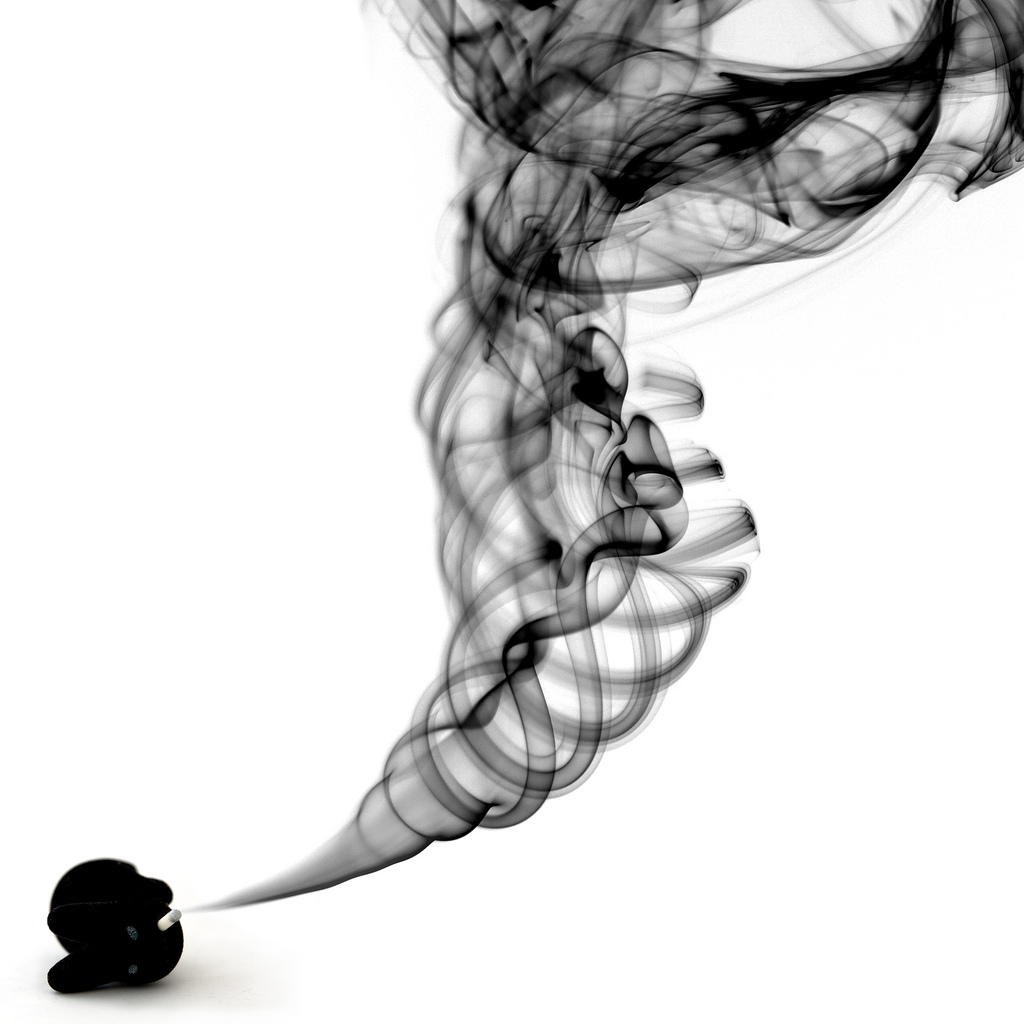 Smoking alters the level of brain chemicals and provides smokers with a pleasurable feeling. It offers a sudden rush of energy, and makes them feel relaxed. But these short-term effects entangle smokers into a vicious trap and soon they begin to experience cravings for nicotine. Serious health issues soon follow. Check out what does nicotine do to the body:
Smoking alters the level of brain chemicals and provides smokers with a pleasurable feeling. It offers a sudden rush of energy, and makes them feel relaxed. But these short-term effects entangle smokers into a vicious trap and soon they begin to experience cravings for nicotine. Serious health issues soon follow. Check out what does nicotine do to the body:
- Narrowing of the arteries and blood vessels
- Rise in blood pressure
- Rise in heart rate
- Cardiovascular diseases
- Coronary artery disorder
- Strokes, when nicotine is used over a prolonged duration
- Cancers of esophagus, larynx, mouth and lungs, due to overuse or long-term use
- Reduced appetite
- Vision problems
- Jaw pain
- Insulin resistance
- Bronchospasms, resulting in labored breathing in asthma patients
- Nausea, flatulence, dyspepsia diarrhea and other gastrointestinal issues
- Abnormal dreams, headaches, dizziness, irritability and insomnia, in case of long-term addiction
Good Effects of Nicotine
If you think what does nicotine do is bad only, think again! Other than acting as the primary component in cigarettes, cigars and other tobacco products, nicotine is even found to be used for beneficial ends – such as in the form of a drug, particularly in nicotine replacement therapy. In this type of therapy, it is used for helping smokers to give up smoking by reducing the withdrawal symptoms of nicotine. Nicotine can be availed in the form of spray, nicotine inhaler, nicotine patch, lozenges, nicotine gum etc for nicotine replacement therapy. These items provide the body with only small doses of nicotine, compared to what smoking cigarettes can supply to the system. This is done in order to control the severe withdrawal symptoms, faced by short-term as well as long-term smokers of nicotine products.


